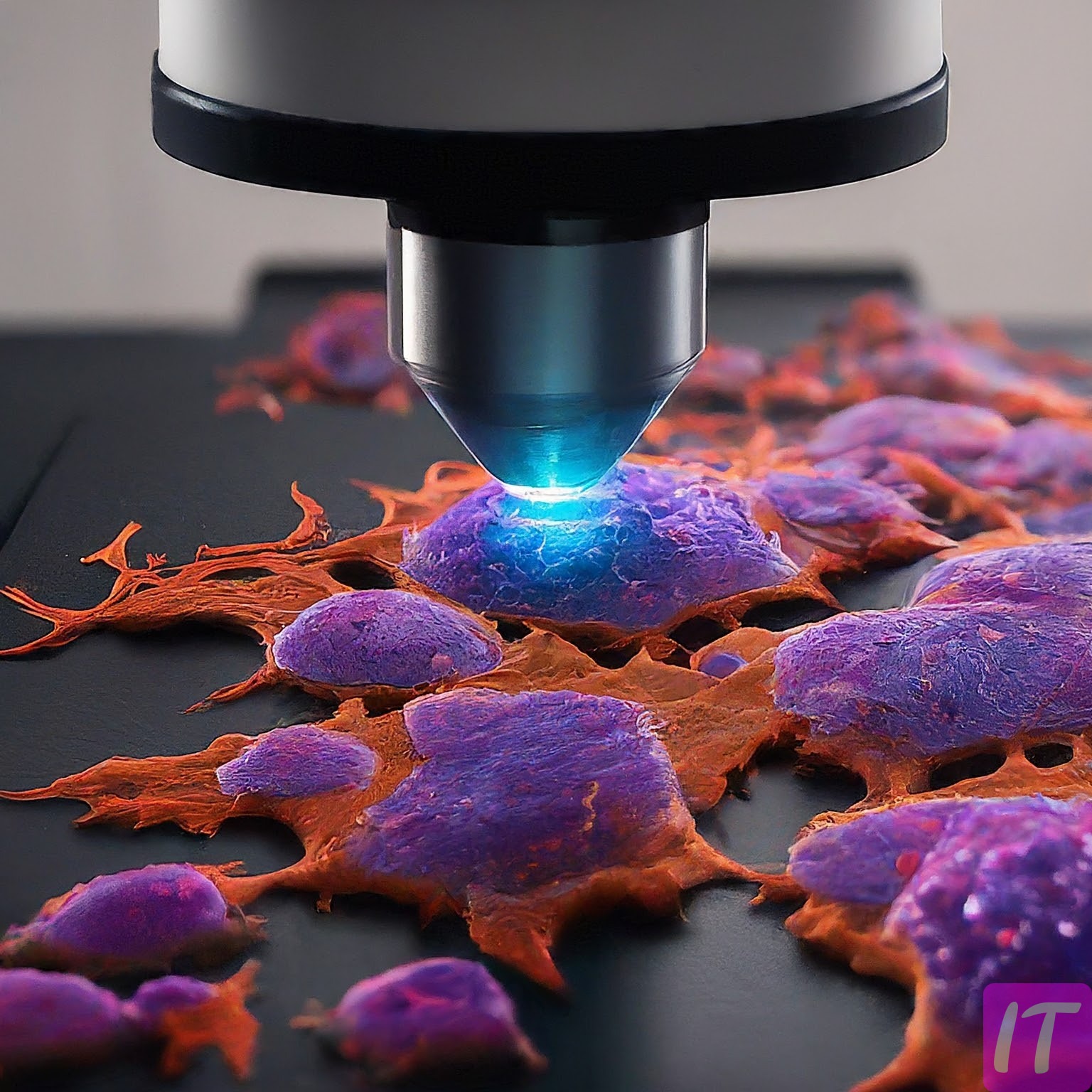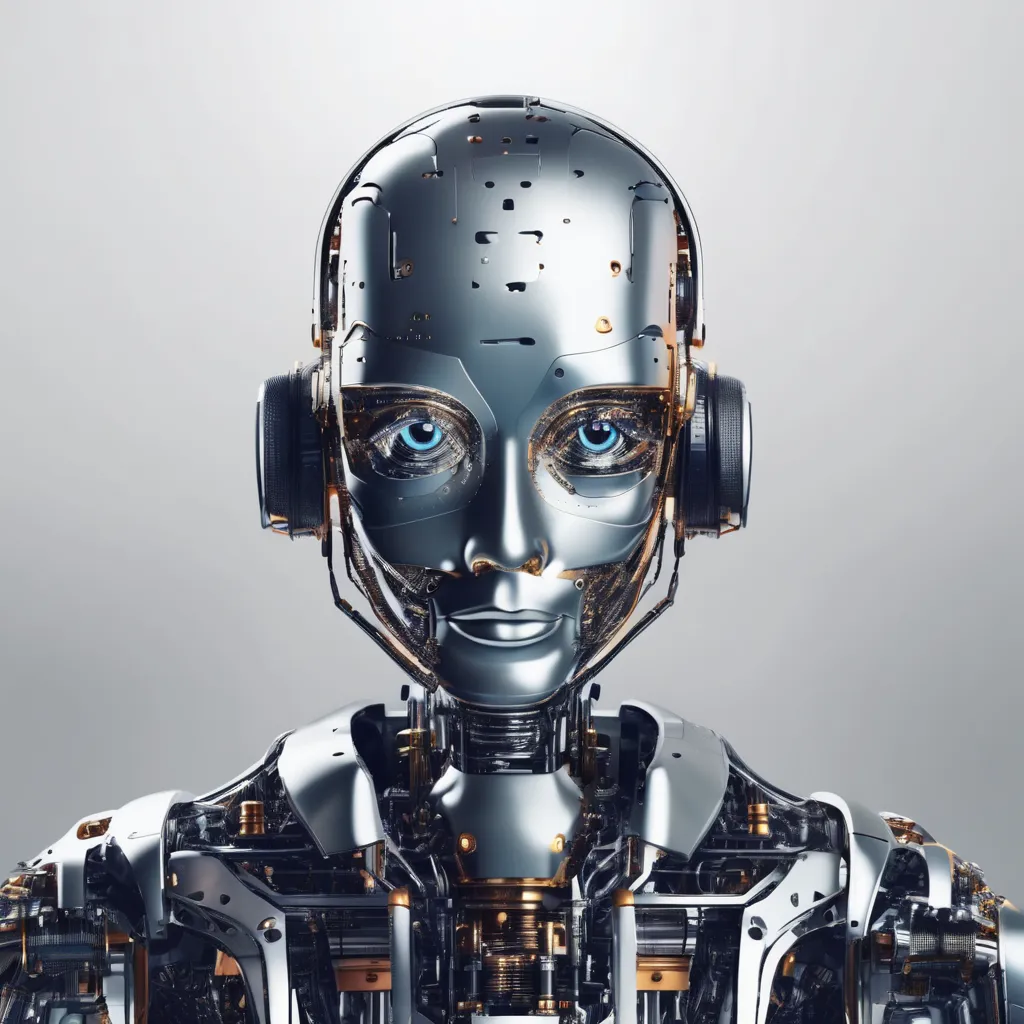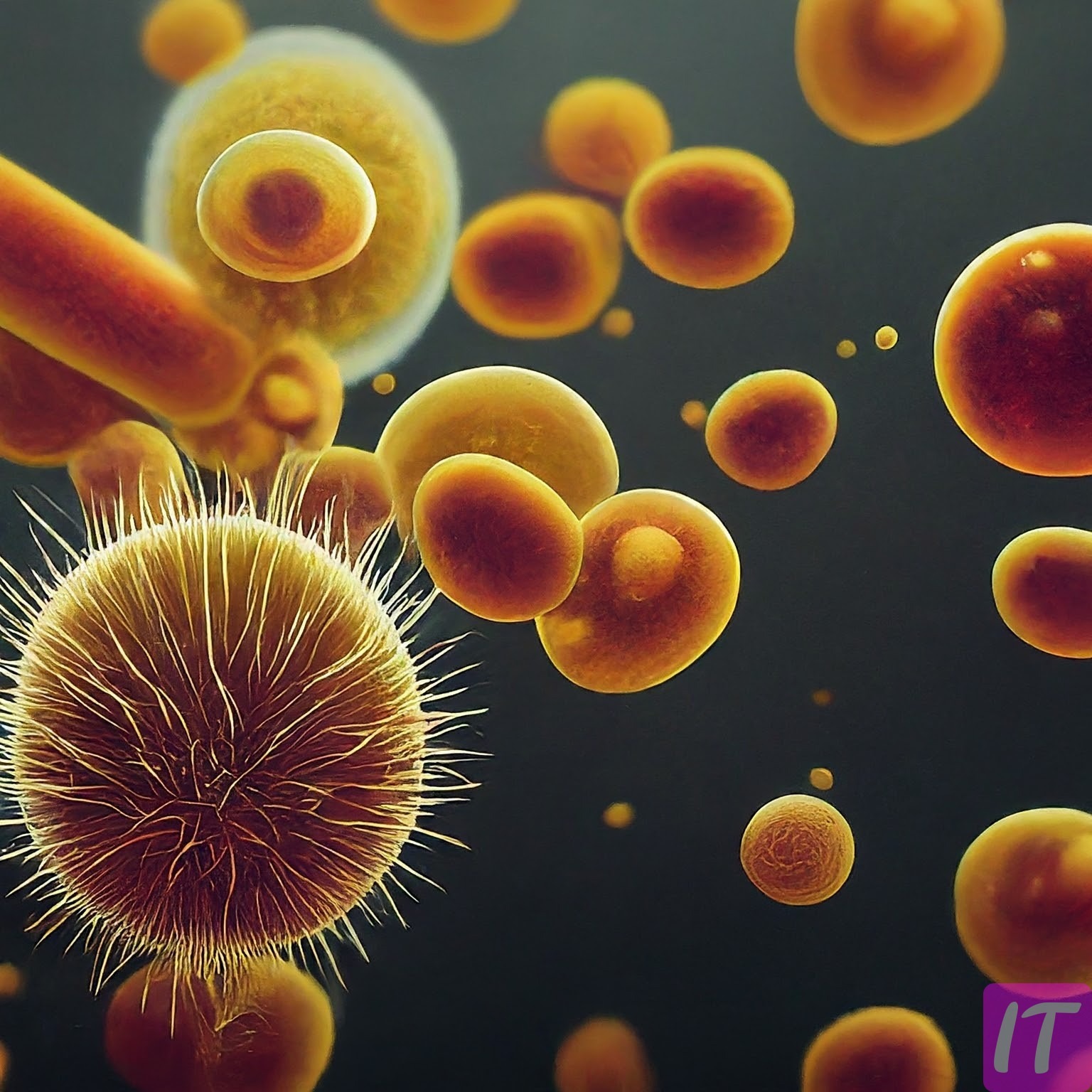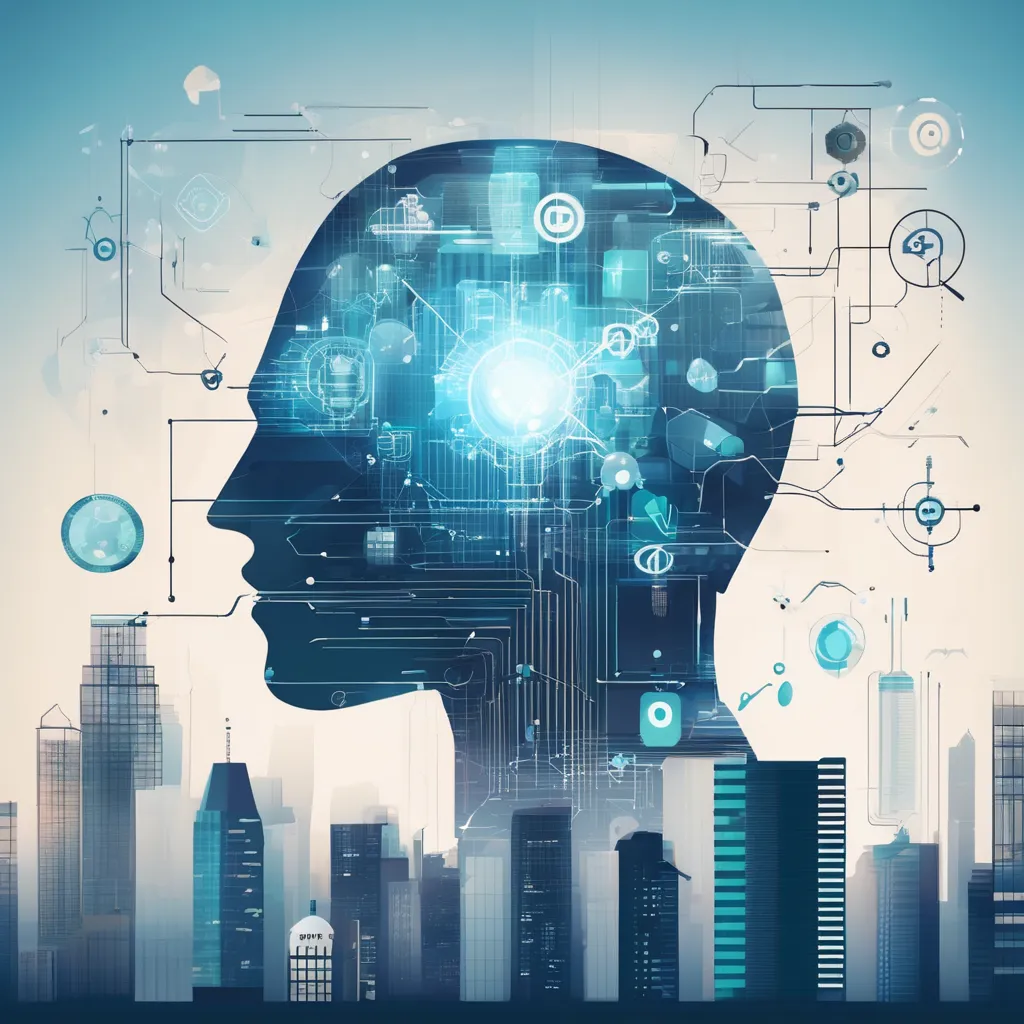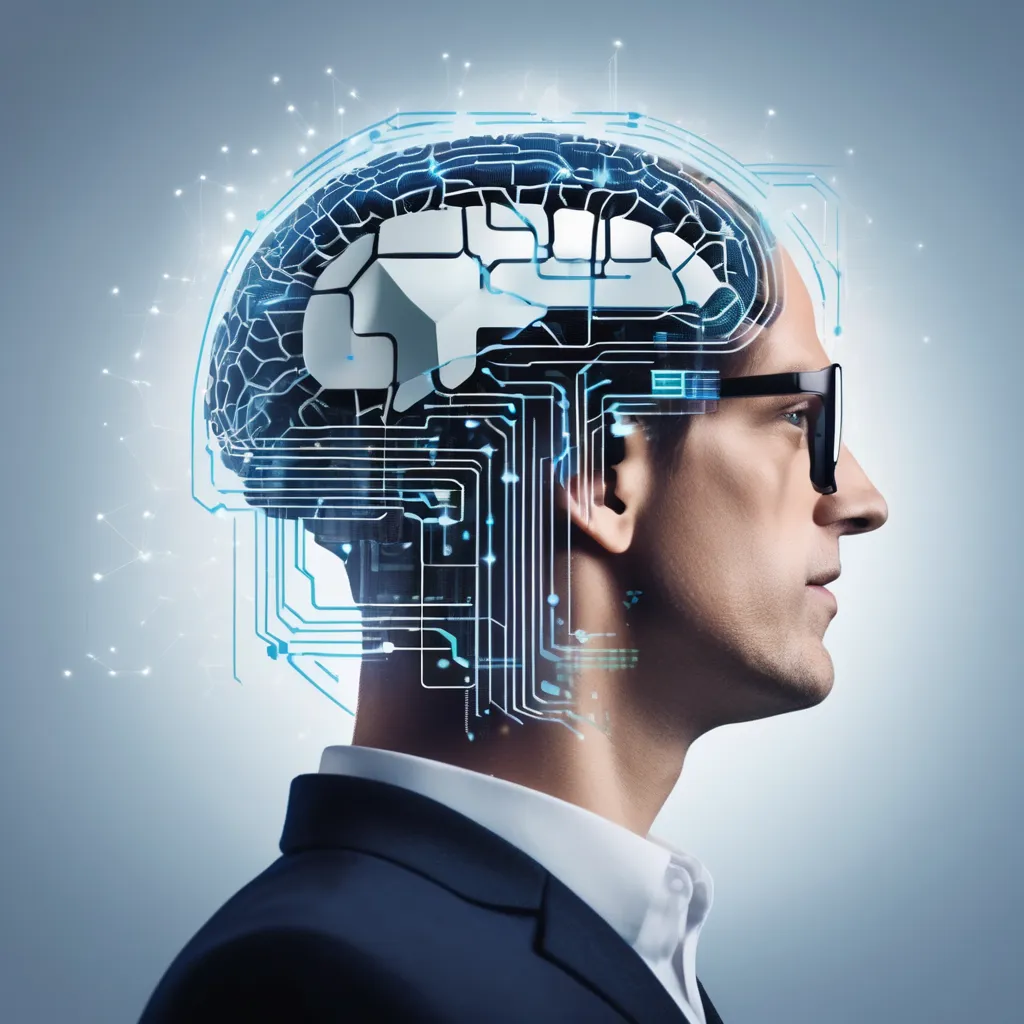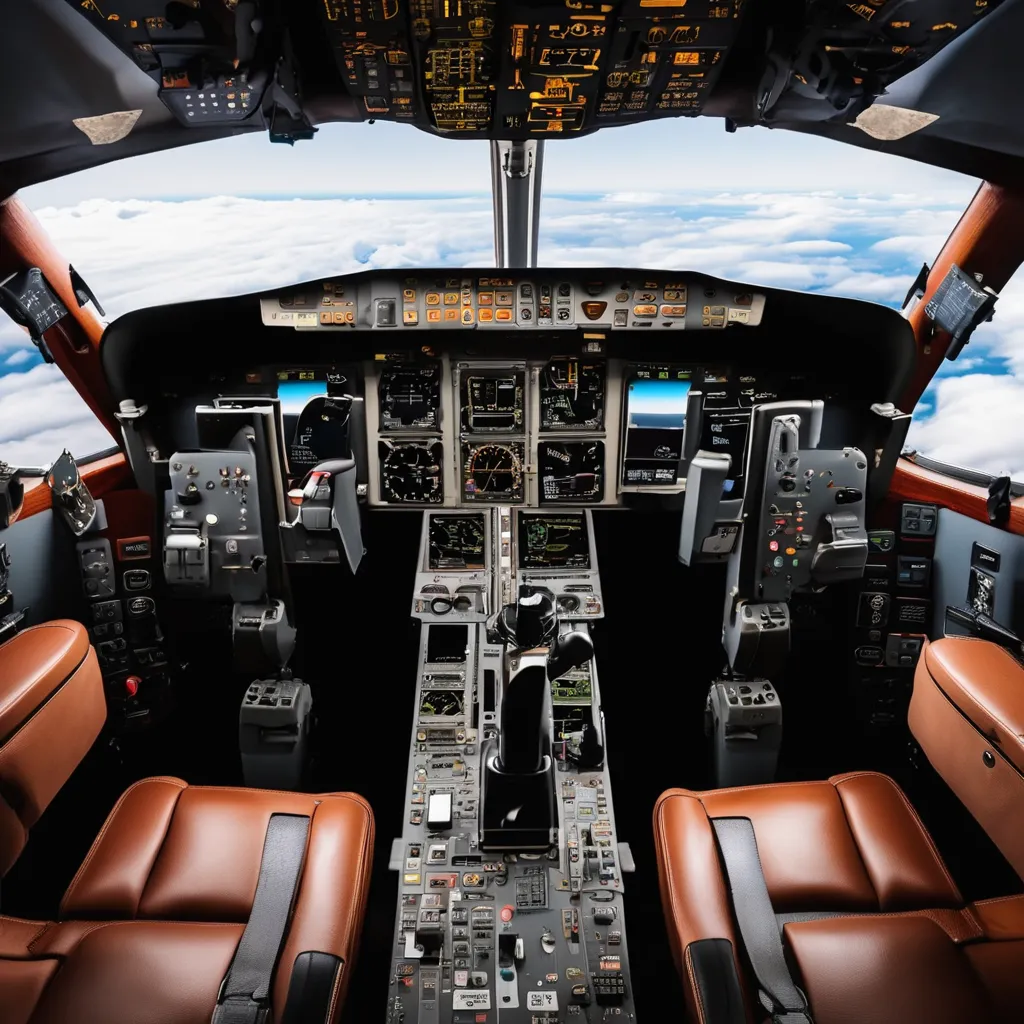The AI Revolution in Cancer Detection: How Artificial Intelligence Outperforms Doctors in Accuracy
In the ongoing battle against cancer, a silent revolution is underway. Artificial intelligence (AI) is emerging as a game-changer, demonstrating remarkable prowess in diagnosing various forms of cancer with accuracy surpassing that of human experts. This groundbreaking development has the potential to revolutionize healthcare, enabling earlier detection, more targeted treatment, and ultimately, improved survival rates for millions of patients worldwide.
The Rise of AI in Healthcare
AI, a branch of computer science focused on creating intelligent agents capable of mimicking human cognitive functions, has found numerous applications in healthcare. It analyzes vast medical datasets, identifies patterns, and makes predictions, revolutionizing disease diagnosis, treatment, and prevention. In cancer diagnosis, AI algorithms are proving invaluable, enhancing medical professionals’ capabilities and empowering them to make more informed decisions.
AI-Powered Cancer Detection: How It Works
AI-powered cancer detection relies on machine learning algorithms, a subset of AI that enables computers to learn from data without explicit programming. These algorithms are trained on massive datasets of medical images (X-rays, CT scans, MRIs, pathology slides) labeled with diagnoses by expert radiologists and pathologists. Through this training, AI algorithms learn to recognize subtle patterns and features associated with different types of cancer, often invisible to the human eye.
Once trained, these AI models can analyze new medical images and provide a diagnosis with remarkable accuracy. They can identify early signs of cancer, classify tumors, predict the disease’s aggressiveness, and even suggest personalized treatment plans. AI’s ability to process vast amounts of data quickly and consistently makes it an invaluable asset in the fight against cancer.
Applications of AI in Cancer Diagnosis
AI is being applied to a wide range of cancer types, with promising results:
-
Breast Cancer: AI algorithms demonstrate exceptional accuracy in detecting breast cancer from mammograms, often outperforming radiologists in identifying subtle lesions.
-
Lung Cancer: AI-powered tools analyze lung nodules detected on CT scans, helping to determine whether they are benign or malignant, leading to earlier diagnosis and treatment.
-
Skin Cancer: AI algorithms can analyze images of skin lesions to accurately identify different types of skin cancer, such as melanoma.
-
Prostate Cancer: AI-powered tools are being developed to analyze prostate biopsies and MRI scans to accurately detect and grade prostate cancer.
-
Other Cancers: AI shows promise in detecting other types of cancer, such as colon cancer, cervical cancer, and brain tumors.
Benefits of AI in Cancer Diagnosis
AI offers several key benefits in cancer diagnosis:
-
Increased Accuracy: AI algorithms can achieve higher accuracy than human experts, particularly in cases with subtle signs.
-
Earlier Detection: AI can identify early signs of cancer that may be missed, leading to earlier diagnosis and treatment.
-
Improved Efficiency: AI analyzes medical images quickly and efficiently, reducing the workload of radiologists and pathologists.
-
Reduced Costs: AI can help reduce healthcare costs by automating certain aspects of cancer diagnosis.
-
Personalized Treatment: AI can help develop personalized treatment plans based on individual characteristics and tumor features.
Challenges and Limitations
AI in cancer diagnosis faces challenges:
-
Data Bias: AI algorithms are only as good as their training data. Biased training data can lead to inaccurate or unfair diagnoses.
-
Lack of Explainability: Many AI algorithms are “black boxes,” making it difficult to understand their decision-making process.
-
Regulatory and Ethical Concerns: The use of AI in healthcare raises concerns about data privacy, liability, and potential misuse.
The Future of AI in Cancer Diagnosis
The future of AI in cancer diagnosis is promising. As AI algorithms improve and more data becomes available, AI-powered tools will become even more accurate and reliable. This could lead to a future where cancer is detected at its earliest, most treatable stages, and personalized treatment plans are the norm.
Conclusion
Artificial intelligence is proving to be a powerful ally in the fight against cancer, offering unprecedented accuracy and efficiency in diagnosis. With ongoing advancements and innovative applications, AI is set to revolutionize cancer detection, paving the way for a future where early diagnosis and personalized treatment are the standard. The AI revolution in cancer detection is not just a possibility; it’s a reality that holds immense promise for patients, healthcare providers, and society as a whole.
